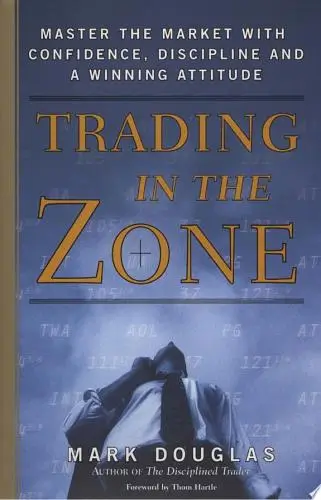
Trading in the Zone
Master the Market with Confidence, Discipline, and a Winning Attitude
What's it about?
Trading in the Zone by Mark Douglas delves into the psychological aspects of trading. You will learn to cultivate a winning mindset by understanding the importance of discipline and consistency. Douglas emphasizes that your beliefs and emotions significantly impact trading decisions. The book offers practical strategies to develop a risk-taking attitude and embrace uncertainty, helping you to create a trading plan that aligns with your personal goals. By mastering your mental state, you can improve your performance and navigate the complexities of the market with confidence.
About the Author
Mark Douglas was a prominent author and trading psychology expert, best known for his influential books "The Disciplined Trader" and "Trading in the Zone." His work focused on the mental aspects of trading, emphasizing mindset, discipline, and emotional control, offering insights into achieving consistent success in financial markets.
5 Key Ideas of Trading in the Zone
The Reality of Random Outcomes
Recognize that results in trading can often be random; it's the consistent execution of your trading plan that matters, not a single win or loss.
Imagine a roulette wheel; each spin is independent of the last. Understanding this helped me stop chasing wins from single trades and focus on consistent strategies.
- Understanding probabilities: Just because you win or lose one trade doesn't predict the outcome of future trades.
- Encourages focus on process: Acknowledging randomness shifts focus from individual outcomes to the process.
- Reduces emotional burden: Frees you from the highs and lows of trading outcomes, maintaining clarity and level-headedness.
Review your last five trades focusing on whether you followed your plan rather than the profit or loss.
Don't get seduced by a profitable trade into thinking you've mastered the market—avoid confirmation bias.
Mastering the Mind Game
The true battleground in trading is not the market but your own mind.
Picture the market as a mirror reflecting back your emotions. Once I realized that, I could see that fear and greed were clouding my judgment, not market trends.
- Trading reflects internal state: Market swings often mirror internal emotions more than external events.
- Mental discipline over market knowledge: Emphasizes the critical importance of mastering one's psychology to succeed.
- Prevents impulsive actions: Awareness and mental control prevent rash decisions prompted by anxiety or overconfidence.
Start a daily reflection journal focusing on your emotional state before and after trades.
Avoid externalizing blame; instead of blaming the market or bad luck, evaluate your own state of mind.
Building Belief Systems
Beliefs drive behavior: the stronger your belief in your system, the more disciplined you'll be in following it.
Like trying to drive on shaky ground, unclear beliefs lead to erratic trading. Strengthening my beliefs helped steer me with clarity and purpose.
- Beliefs anchor discipline: Firm beliefs root traders and prevent deviations from strategies.
- Empowers committed practice: Strengthening beliefs encourages practice and refinement of techniques.
- Enhances confidence in execution: When you believe in your method, you execute with clarity.
List out your trading beliefs and evaluate which ones need reinforcing to align with your strategy.
Be wary of clinging to faulty beliefs—update them based on new evidence and insights instead of resisting change.
Deeper knowledge. Personal growth. Unlocked.
Unlock this book's key ideas and 15M+ more. Learn with quick, impactful summaries.
Read Full SummarySign up and read for free!
Trading in the Zone Summary: Common Questions
“The market is always right.” This quote from Trading in the Zone by Mark Douglas really resonated with me. It encapsulates the book's core message about accepting market reality, which is crucial for any trader. Douglas dives deep into the psychology of trading, emphasizing that our beliefs and emotions significantly influence our decision-making process.
One part that particularly hooked me was his discussion on the concept of risk. Douglas argues that successful trading isn't about predicting market movements but rather about managing risk and maintaining discipline. I found his insights on maintaining a trading mindset both enlightening and somewhat perplexing—he makes it sound easy, but putting it into practice is a different ball game. The idea that we create our own trading zones was something that really made me reflect on my past trading experiences.
Overall, I think Trading in the Zone is a must-read for anyone interested in trading or investing. It’s a great companion to other finance psychology books, like The Mind of the Market by Michael Shermer, which explores similar themes of decision-making. If you're looking to develop a more resilient trading mindset, I highly recommend giving this book a read.
Experience Personalized Book Summaries, Today!
Discover a new way to gain knowledge, and save time.
Sign up for our 7-day trial now.
No Credit Card Needed

Similar Books

Forex Trading QuickStart Guide
Troy Noonan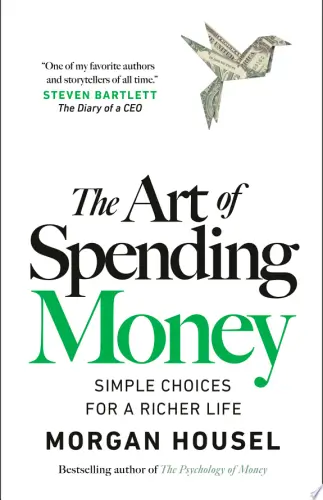
The Art of Spending Money
Morgan Housel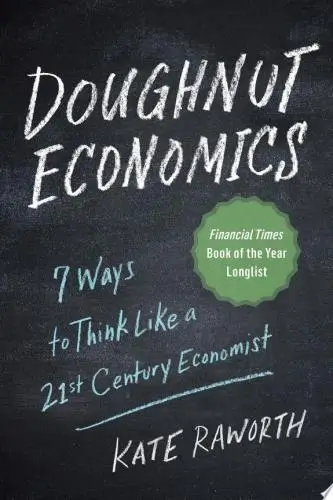
Doughnut Economics
Kate Raworth
A study guide for Barbara Ehrenreich's "Nickel and Dimed: On (Not) Getting By in America"
Gale, Cengage Learning
Bitcoin For Dummies
Prypto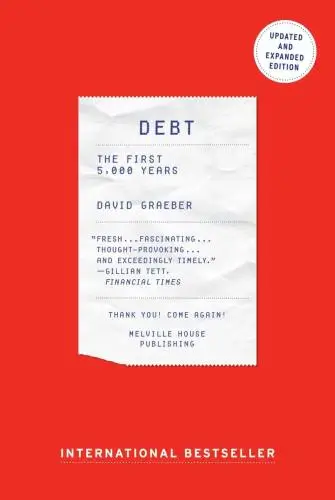
Debt
David Graeber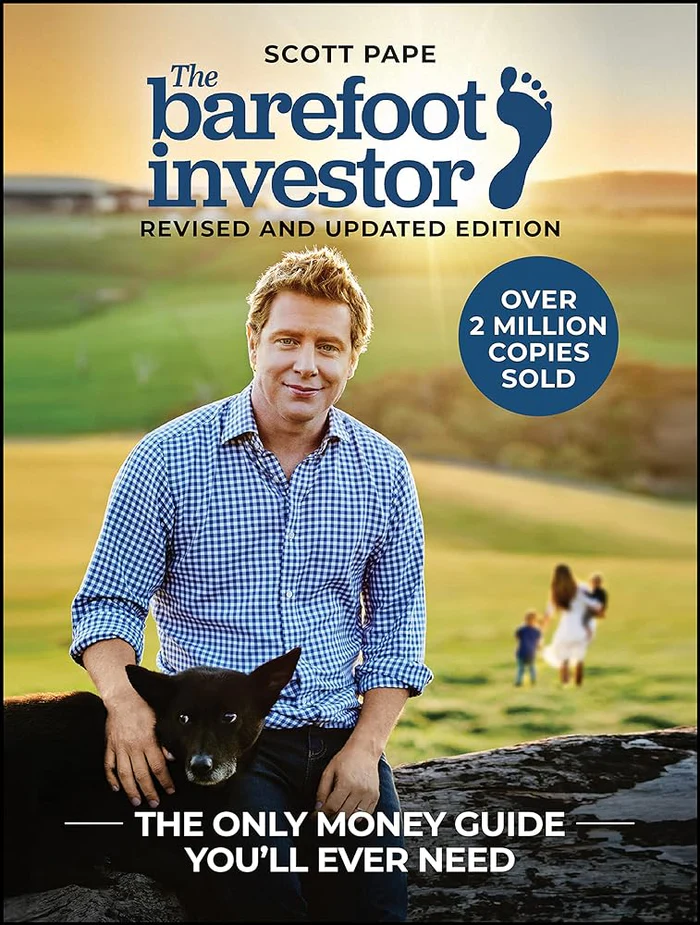
The Barefoot Investor
Scott Pape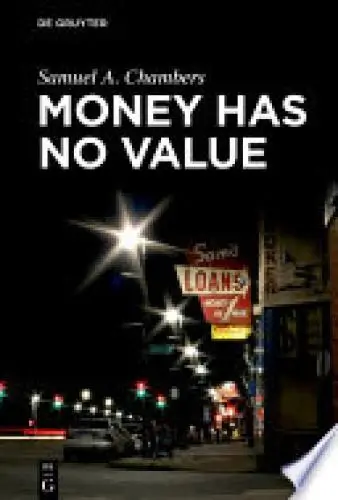
Money Has No Value
Samuel A. Chambers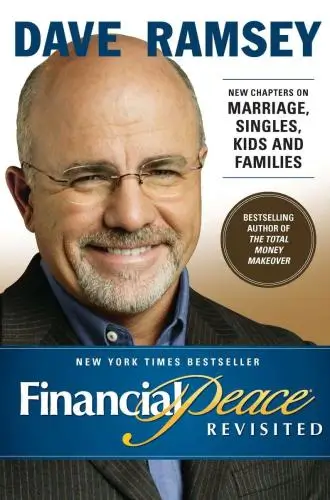
Financial Peace
Dave Ramsey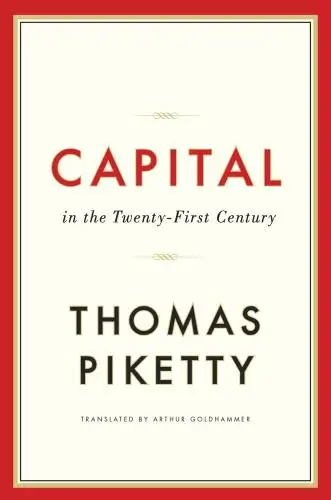
Capital in the Twenty-First Century
Thomas PikettyTrending Summaries

Peak
Anders Ericsson
Never Split the Difference
Chris Voss
Smart Brevity
Jim VandeHei
The Psychology of Money
Morgan Housel
The First 90 Days
Michael D. Watkins
Atomic Habits
James Clear
Thinking, Fast and Slow
Daniel Kahneman
The Body Keeps the Score
Bessel van der Kolk M.D.
The Power of Regret
Daniel H. Pink
The Compound Effect
Darren HardyNew Books

Forex Trading QuickStart Guide
Troy Noonan
Comprehensive Casebook of Cognitive Therapy
Frank M. Dattilio
The White Night of St. Petersburg
Michel (Prince of Greece)
Demystifying Climate Models
Andrew Gettelman
The Hobbit
J.R.R. Tolkien
The Decision Book
Mikael Krogerus
The Decision Book: 50 Models for Strategic Thinking
Mikael Krogerus
Fichte
Johann Gottlieb Fichte
Do No Harm
Henry Marsh
